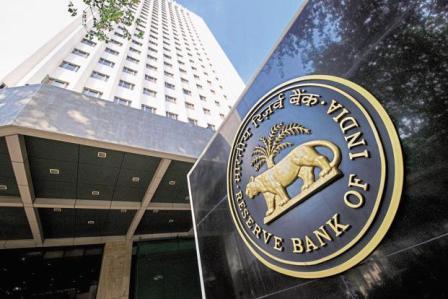Soon after the invasion by ransomware WannaCry which threatened the global security, the Reserve Bank of India has denied that it has asked banks in the country to shut down ATMs despite multiple conflicting reports on the same.
The central bank’s spokesperson clarified, “The RBI has not passed any circulars to banks on the issue. All circulars sent to banks by the RBI is on the official website if it’s not on the website that means there is no such circular.”
“All our systems are updated as required. Some of those, we do it daily. There are two types of updates, one is at the server level and one at the machine level. Generally, server level updates are done on a daily basis because patches are released and these are managed centrally in addition to local firewalls. The ATM machines are updated typically once in 15 days that is when the maintenance engineers visit the sites, they carry the latest software patch with them. So, everything is updated, there is no problem regarding this. We have additional surveillance but none of the ATM networks in the world has been impacted,” Mrityunjoy Mahapatra, CIO of SBI said.
Although, a cyber security expert at the Centre for Internet and Society, said that since the public-sector ATMs in the country have an outdated operating systems or not regularly updated, they run a risk such vulnerability.
“This particular vulnerability was exposed by the WikiLeaks in March saying that the US’ NSA was using this vulnerability in Windows operating systems to target individuals. Following this, Microsoft had sent patches in its update in March itself to counter this particular form of threats”, the expert added.
He further added that “No operating system is completely secure be it Windows, Mac or Linux or others, but there are certain OSs that are more susceptible to such attacks due to their popular usage and subsequent research carried on them. Once such attacks come out in the public domain and they usually get patched by the maintainers of the OS.”


















